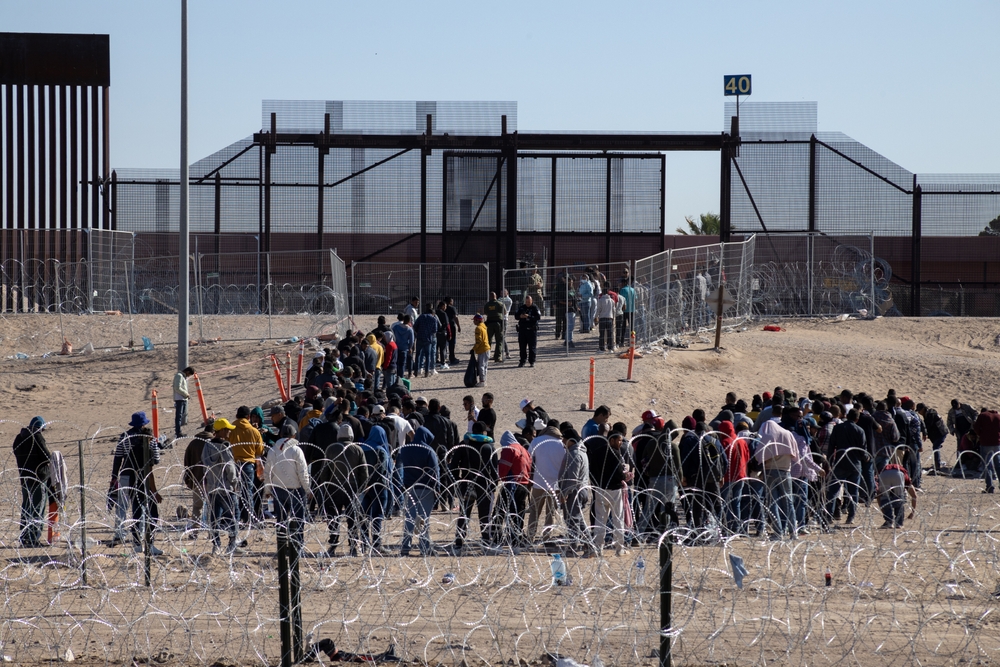
Catarina Wilfong | Writer
May 23, 2025
Donald Trump’s administration is attempting to suspend Habeas Corpus, a principle that has been upheld within the court system since 1789. This decision could cause a multitude of issues, the main one being a violation of the American and constitutional rights of those being detained.
Habeas Corpus is a principle that states that if a citizen of the United States is detained, they have the right to appear before a court so that the judge can determine if they have been lawfully detained. Furthermore, Habeas Corpus also grants this person the right to challenge their imprisonment. Recently, in 2008, this right was extended to non-US citizens.
While Habeas Corpus has been suspended before, by Abraham Lincoln during the Civil War, it was not okay then and it is not okay today. Lincoln received a symphony of responses, but the main consensus was that what he was doing was unjust. In Lincoln’s defense, Habeas Corpus was not yet extended to non-citizens at that time. However, the basic principle here is that it is a right of Americans that should not be revoked for any reason.

It is clear to many observers of the current political situation of America that Donald Trump is attempting to suspend Habeas Corpus in order to make his job of deporting both legal and illegal immigrants easier. This would assist in his plan to rid America of these “aliens” because it strips their right to go before a judge, meaning that they can be deported immediately after being detained. Reilly Bayless, a junior at SCHS, expressed her concern over this suspension, explaining how it strips these people of their “human rights, and violates their constitutional rights,” further revealing how dehumanizing and targeted this action is.
Furthermore, the suspension of Habeas Corpus disproportionately affects minorities, for they are lacking the resources and privileges most Americans have to defend themselves in situations such as being detained. For example, many of the people currently being targeted in America are Hispanic citizens or non-citizens who may not speak fluent English, likely do not know their rights, and may not have access to a lawyer. This puts them in a vulnerable position which Arie Acuna, a junior at SCHS, highlighted is “not fair to those who can’t speak up for themselves.” Suspending this principle not only makes deportations easier, but it also makes it a whole lot easier to strip away the humanity of the people affected.
Habeas Corpus has been a part of our justice system since our government’s founding, and it should not be revoked in any way because of its monumental importance to human rights.

Leave a Reply